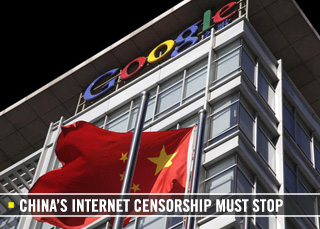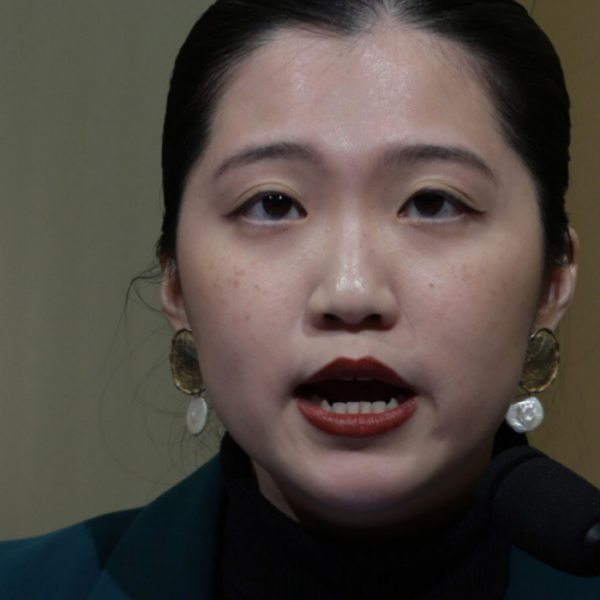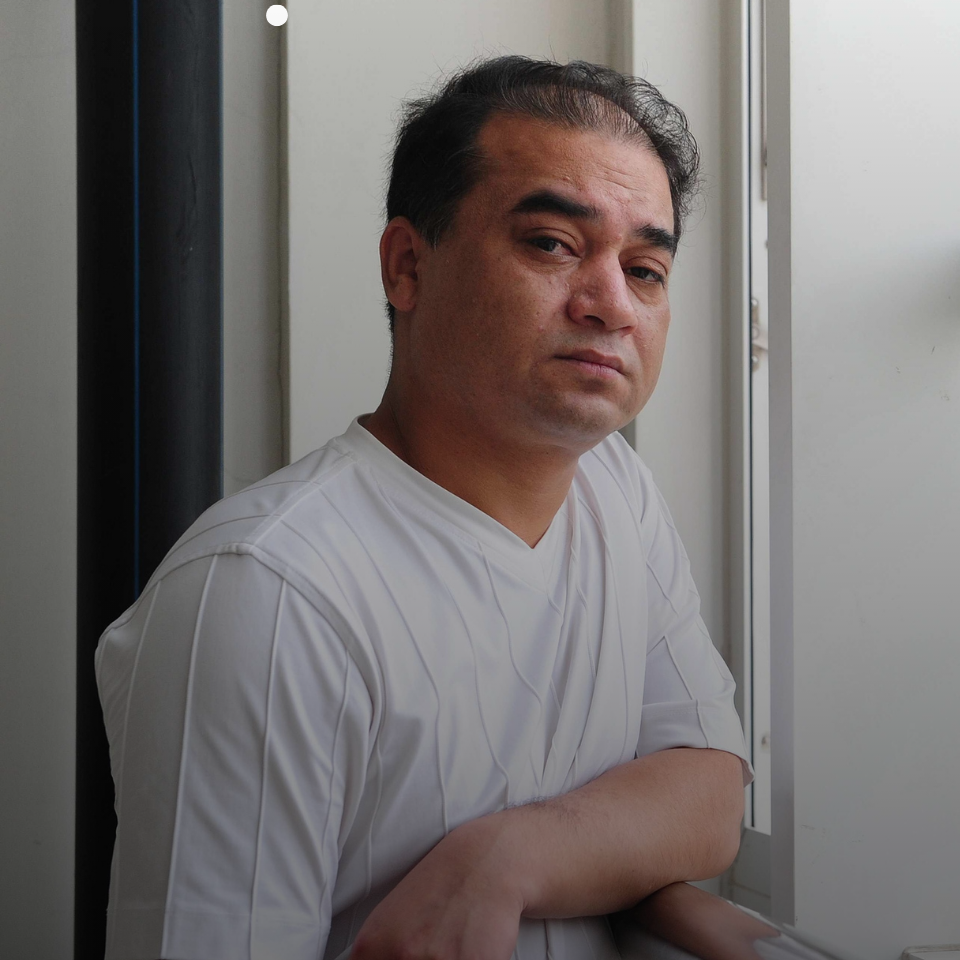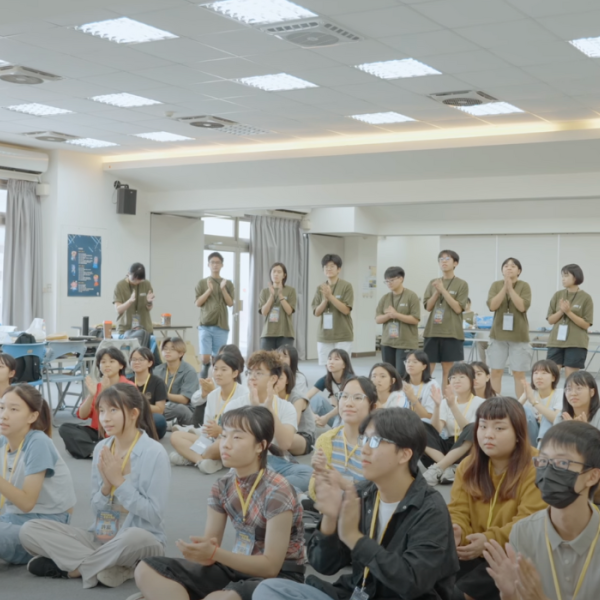【中國】必須停止網路言論審查
 國際特赦組織新聞稿|2010年1月13日
國際特赦組織新聞稿|2010年1月13日
國際特赦組織在Google(谷歌)公司對人權活動者的電子郵件帳戶遭駭客侵入表示憂慮後,再度要求中國當局停止審查網路言論。
Google指出,針對許多中國人權活動者的電子郵件帳戶遭到駭客鎖定,已經要求與中國有關當局舉行緊急會議,討論網路言論審查問題,以及將內容過濾軟體自該公司搜尋引擎移除的計劃。
許多在中國營運的網路公司,包括Google,過去一向接受該國政府的審查規定,包括將某些「敏感」網站自搜尋結果中刪除。
國際特赦組織亞太區副主任阮柔安(Roseann Rife)說:「人權活動者的電子郵件帳戶不斷遭到侵入令人十分憂慮,然而,Google公開表達該公司對其客戶的隱私權和言論自由的關切,已朝正確方向邁出步伐。該公司強調人民需要能夠取得不受審查資訊的管道,此舉也值得歡迎。我們希望其他公司也能向中國政府的言論審查政策提出質疑。」
「我們期待看到Google與中國當局關於言論審查的討論能為中國帶來更開放的網路空間。同樣重要的是,Google應針對源自中國的駭客行為向中國政府表達關切,」阮柔安表示。
國際特赦組織一向呼籲在中國經營的企業應該尊重網路使用者的言論自由,拒絕配合當局審查網路言論,或主動限制資訊的流通。
中國一直實施廣泛的言論審查政策,包括過濾特定的關鍵詞和政治敏感的主題而使某些網路搜尋結果遭到屏蔽,以及全面封鎖被當局認為政治敏感的大量網站,包括國際特赦組織等人權組織的網站在內。
許多人權活動者和其他人都因為在網際網路上張貼訊息而被判處重刑。
著名人權活動者劉曉波就是因為發表政論文章和參與「零八憲章」網路連署行動,呼籲中國民主改革和尊重人權,已被判處十一年徒刑。
2005年4月,中國記者師濤也因為「非法向境外組織提供國家機密」被判刑十年。中國當局自雅虎(Yahoo)取得其電子郵件帳戶資料,並用它來蒐集起訴師濤的證據。
「重要的是,網路搜尋引擎業者應體認到,中國所採取的言論審查措施不符合其客戶的最大利益,也無助於促進言論自由或資訊自由,」阮柔安說。
[ENGLISH]
CHINA'S CENSORSHIP OF THE INTERNET MUST STOP
13 January 2010
Amnesty International has again urged the Chinese authorities to end censorship of the internet after online firm Google raised concern about the hacking of human rights activists’ email accounts.
Google says the email accounts of Chinese human rights activists were targeted by hackers and has called for an urgent meeting with authorities in China to discuss censorship and its plans to remove filtering software from its search engine in China.
Many internet companies operating in China, including Google, have previously accepted the government's censorship requirements including removing certain "sensitive" websites from search results.
"It is highly worrying that there have been attempts to access the email accounts of human rights activists, however, Google has taken a step in the right direction by publicly raising their concerns about their customers’ right to privacy and freedom of expression. It is also a welcome move that the company has highlighted the need for people to have access to uncensored information. We hope other corporations will also challenge the government of China over their censorship policies", said Roseann Rife, Amnesty International's Deputy Asia-Pacific Director.
''We would like to see Google's discussions with the Chinese authorities on censorship result in a more open internet in China. It is also important that Google raises with the Chinese government its concerns about hacking activities originating in China." said Rife.
Amnesty International has been calling on companies operating in China to respect the right to freedom of expression for web users and not to cooperate with the authorities in censoring the internet and self regulating the flow of information.
China operates an extensive censorship policy which includes filtering specific key words and politically sensitive subjects, which result in the blocking of specific internet results, as well as the complete blocking of a large number of websites, including human rights websites such as Amnesty International’s, considered politically sensitive by the authorities.
Human rights activists and other individuals have been sentenced to lengthy prison terms for posting information on the internet.
Prominent human rights activist Liu Xiaobo was sentenced to 11 years in prison for political writings, and for his participation in Charter 08, a petition posted on the internet asking for democratic reform and respect for human rights in China.
In April 2005, Shi Tao, a Chinese journalist, was sentenced to 10 years in prison for "illegally providing state secrets to foreign entities". Chinese authorities acquired his email account holder information from Yahoo and used it to gather evidence to charge Shi Tao.
"It is important that internet search engine companies recognize the censorship measures adopted in China are not in the best interests of their customers and do not help promote freedom of expression or the right to information", said Rife.
更多影音
- 全球
酷刑工具是如何被警方用來針對示威者?
- 全球
阿姆內斯提青春大舞台 2024高中生人權營
失去眼睛的警察暴力倖存者萊迪述說她的遭遇
- 全球









